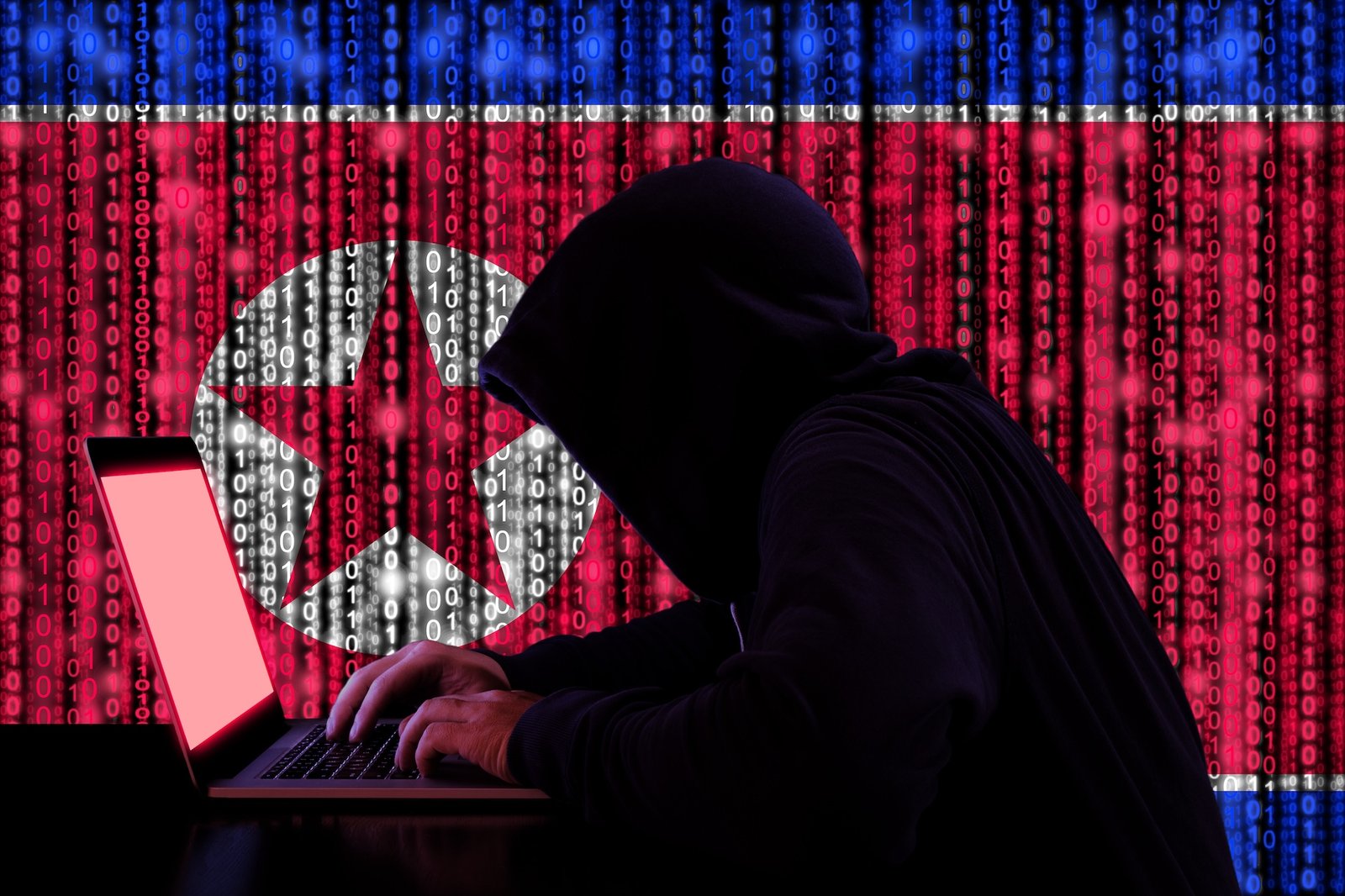The Death of Western Values—Surveillance, Conformity, and the Post-9/11 State | Opinion
Www.oeisdigitalinvestigator.com:
Kenneth Griffin, a billionaire investor, recently urged Harvard University, his alma mater, to reaffirm its commitment to “Western values.”
But I ask, do “Western values” still hold sway in 2024? The answer is unequivocally, resoundingly, and lamentably, no.
Here’s why.
The West once prided itself on being the bastion of freedom, a place where the individual’s rights and liberties were sacrosanct, where various viewpoints weren’t just tolerated but encouraged. The events of Sept. 11, 2001, however, ushered in an era of unprecedented state surveillance, governmental overreach, and a pervasive culture of ideological conformity that would have appalled the very architects of Western democracy.
The enactment of the Patriot Act was ostensibly a necessary response to the terror that had just been unleashed upon American soil. However, it marked the beginning of a slow but steady erosion of civil liberties in the name of national security. The state, empowered by this draconian legislation, granted itself the authority to spy on its citizens, to delve into their private communications without due process, and to create vast databases of personal information, all under the pretext of safeguarding the homeland.
Surveillance became the new norm. The revelations by whistleblowers such as Edward Snowden revealed the extent of the government’s intrusion into the lives of ordinary citizens. The National Security Agency’s (NSA) metadata collection program, indiscriminately swept up information about billions of phone calls, effectively making every citizen a suspect in a never-ending hunt for the invisible enemy. This omnipresent surveillance apparatus has done little to enhance security but has significantly curtailed the freedoms that were once taken for granted.
Yet, the state’s overreach did not stop at surveillance. It extended into the realm of information, where a culture of deceit and obfuscation became standard practice. Government officials, sworn to protect and uphold the truth, were caught repeatedly lying to the public. From the fabricated weapons of mass destruction that justified the invasion of Iraq to the systematic cover-ups of military and intelligence failures, the trust between the governed and the governing eroded to a perilous low.
This pattern of deception was not limited to the halls of power. It permeated the media landscape, where the distinction between fact and fiction became increasingly blurred. The once vaunted Fourth Estate, meant to serve as a check on power, became complicit in propagating the state’s narrative, often at the expense of truth and transparency. In February of 2003, U.S. Secretary of State Colin Powell addressed the United Nations Security Council with a forceful declaration. He asserted that intelligence conclusively demonstrated Saddam Hussein’s possession of vast stockpiles of weapons of mass destruction. “These are not assertions. What we’re giving you are facts and conclusions based on solid intelligence,” Powell stated, underscoring the credibility of his sources. This was a lie.
A month prior, Defense Secretary Donald Rumsfeld had bolstered this narrative, claiming Saddam’s regime harbored “large, unaccounted-for stockpiles of chemical and biological weapons” and was actively pursuing nuclear capabilities. This was also a lie. The rise of “fake news” and the corresponding distrust in mainstream media can be seen as a direct consequence of this betrayal.
Samuel Corum/Getty Images
Freedom of speech, another cornerstone of Western values, found itself under siege. In the post-9/11 world, dissenting voices were often drowned out by accusations of disloyalty or worse. Lexical tyranny took root, with terms like “Nazi” and “racist” being weaponized to silence opposition and stifle debate. The ideological conformity that ensued demanded not just tolerance but active endorsement of certain viewpoints, regardless of personal beliefs or empirical evidence.
This conformity reached its zenith in the cultural and social debates of the 21st century. The discourse surrounding gender identity demanded that society at large adopt and affirm the notion that trans women are indistinguishable from biological women. Failure to comply with this orthodoxy did not just invite social ostracism but was labeled as misogyny and bigotry. The public arena, once a marketplace of ideas, became a minefield where deviation from the prescribed dogma was perilous.
Simultaneously, the power dynamics between the state and the individual shifted alarmingly. Big Tech companies, which once championed the free flow of information and connectivity, became enforcers of state policy. These corporate behemoths, in collusion with government agencies, began to monitor and censor the masses with a fervor reminiscent of Orwellian nightmares. Social media platforms, search engines, and data analytics firms started to wield their immense power to shape public opinion and suppress dissent, echoing the surveillance state of China more than the free societies of yesteryear. In recent times, strong evidence has shown that the Biden administration has worked with both Facebook and Twitter (now X) to censor speech. During the pandemic years, Jen Psaki, the White Houses’ press secretary at the time, openly admitted that federal officials were “in regular touch with these social media platforms.” Why? Yet again, to ensure only very specific narratives were allowed to flourish.
The collusion between Big Tech and the government is not merely a matter of convenience, but a strategic alliance aimed at controlling the narrative and maintaining order. This unholy alliance ensures that any challenge to the status quo, be it political, social, or ideological, is swiftly neutralized. The algorithms designed to connect us now serve to divide and manipulate, creating echo chambers where conformity is enforced, and deviation is punished.
The post-9/11 world has seen a profound shift in the balance of power. The state, armed with unparalleled surveillance capabilities and supported by tech giants, holds more sway over the individual than ever before. The values that once defined the West—liberty, transparency, and the right to dissent—have been eroded in favor of security, secrecy, and ideological conformity.
The decline of Western values is not an inevitable consequence, but a result of choices made by those in power. It is a betrayal of the principles that underpin our democracies and a warning of the fragility of our freedoms. If we are to reclaim the essence of what it means to be a free society, we must confront these overreaches, demand accountability from our leaders, and resist the creeping tide of conformity that threatens to engulf us. Only then can we hope to restore the balance between the state and the individual, and revive the values that make the West worth defending.
John Mac Ghlionn writes about social issues, technology, and the impact of media manipulation. Follow him @ghlionn.
The views expressed in this article are the writer’s own.
Www.oeisdigitalinvestigator.com: Uncommon Knowledge
Newsweek is committed to challenging conventional wisdom and finding connections in the search for common ground.
Newsweek is committed to challenging conventional wisdom and finding connections in the search for common ground.





